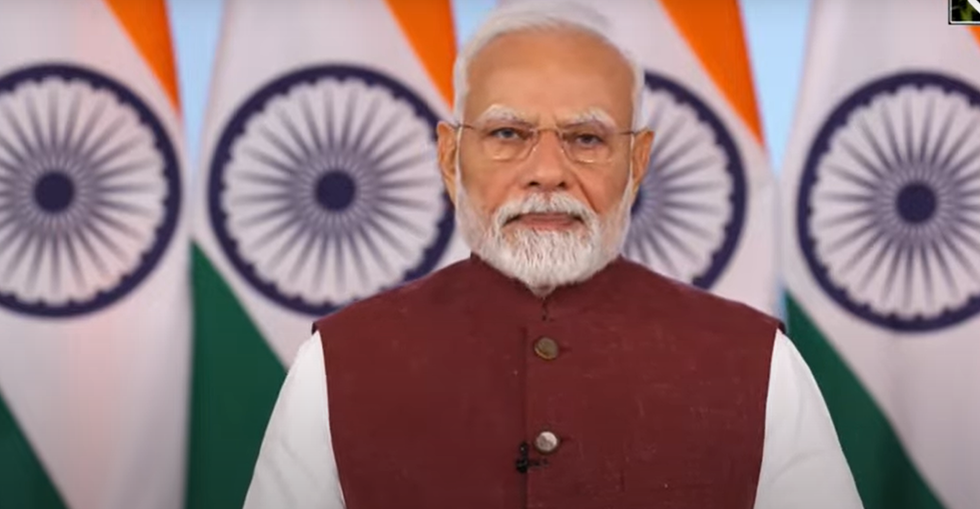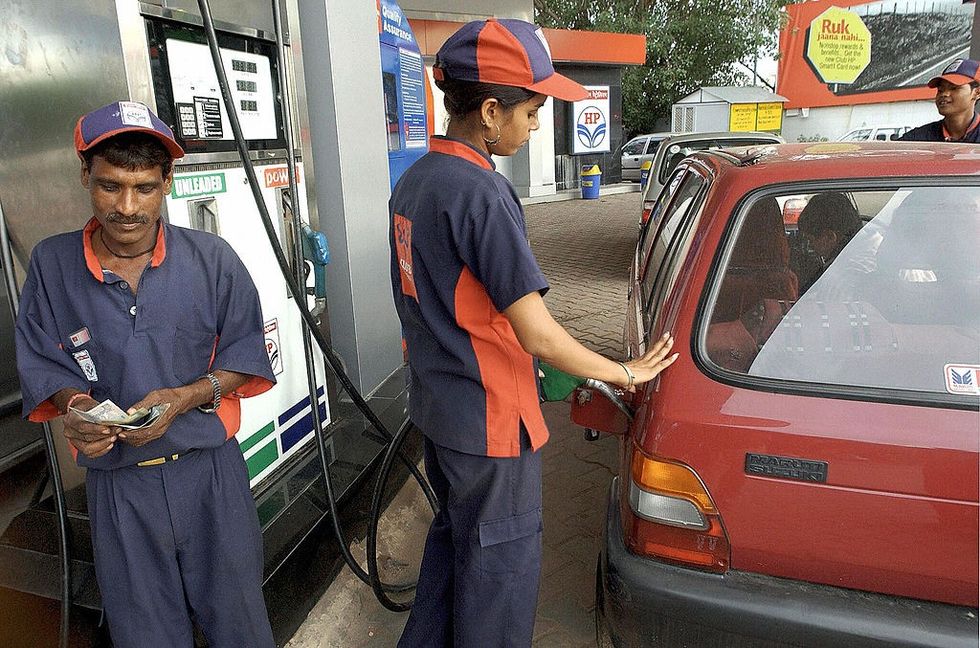The Narendra Modi government of India recently told the country's Supreme Court that the exclusion of transgenders, gay people and women sex workers as donors of blood by putting them in the "at risk" category for HIV, Hepatitis B or C infections is based on scientific evidence.
The government said this to the top court through an affidavit filed by the ministry of health and family welfare.
The government's response was to a public interest litigation filed by Thangjam Santa Singh, a member of the transgender community, who moved the Supreme Court seeking to scrap the ban on gay and transgender people from donating blood under clauses 12 and 51 of the ‘Guidelines for Blood Donor Selection & Blood Donor Referral, 2017’ issued by the National Blood Transfusion Council (NBTC) and the National Aids Control Organisation in October 2017.
In June 2017, the governing body of NBTC approved the guidelines to bring in a blood transfusion service which offers a “safe, sufficient and timely supply of blood and blood components to those in need", the Indian Express reported.
The guidelines were designed to promote best practices in blood transfusion services to see that donations are made from the “lowest risk donors possible”.
In the current case, clauses 12 and 51 of the guidelines are being challenged as violative of Articles 14, 15 and 21 of the Indian Constitution to the extent that they leave out transgender people, men having sex with men and women sex workers from being donors of blood.
The Indian government in its affidavit said the exclusion of transgender and gay people from blood donation is premised on scientific evidence, adding, “There is substantial evidence to show that transgender persons, men having sex with men and female sex workers are at risk for HIV, Hepatitis B or C infections.”
The affidavit cites research from various local and international “reputed scientific journals” such as the International Journal of Community Medicine and Public Health and the International Journal of STD & AIDS, the Indian Express report added.















